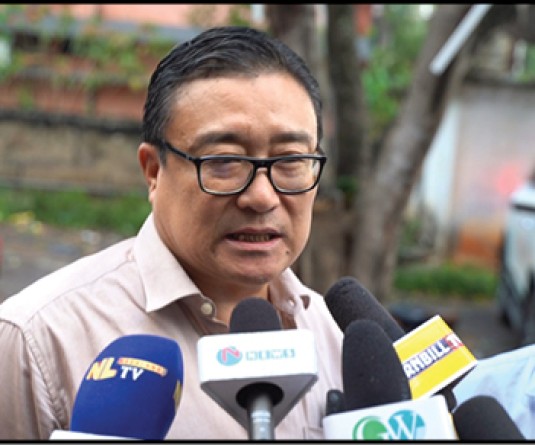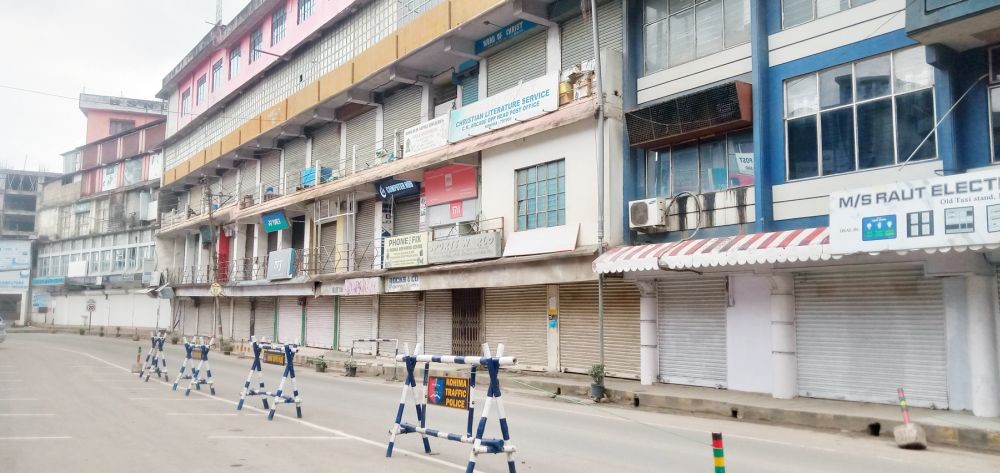
Dimapur, December 1 (MExN): Peace Channel organized training for Youth Leaders on Peace and Conflict Transformation at Peace Channel’s conference hall, Dimapur on November 28 with Barbara Radley, Educator from United Kingdom as the resource person.
Addressing the staffs of Peace Channel and MSW trainees of NEISSR, Barbara said, “Peace is a word that we all are familiar with in whatever language we converse in. Equally, we are all aware of its meaning in a greater or lesser context. However, the biggest challenge for humanity is to make the concept a reality in this ever changing and diverse world of ours.”
She pressed on the need for transformation of one’s mindset and identity from a smaller perspective to a greater perspective of humanity which she believes would avoid identity based conflict with greater perspective and mindset as one human kinfolk.
Bringing back the participants to the context of North East India, she said, “If we look closer to your home, we can recognize that there are inevitable issues of conflicts between various regions and tribes, as the regions of North-East India has its diverse cultures, which are influenced by so many different factors.” Citing Fr. Patrick Devine’s research, she talked about conflict transformation looking at the general changes which social conflict creates and the patterns it typically follows. There are four dimensions of conflict transformation. Firstly, conflicts changes individuals, emotionally and spiritually. Secondly, with regards to relationship, when conflicts escalate, communications patterns change, stereotypes are created, polarization or isolation increases and trust decreases. Thirdly, conflicts can impact systems and structures that have access to power, from family and organizations to communities and whole societies. Fourth, culturally, violent conflicts can cause deep seated changes, for example, the norms of behavior that guide patterns of behavior between elders and youth or women and men.
“One of the things that need to be considered is what cultural patterns seem to have an impact on how conflict is understood, approached and handled. As we know, cultural differences can be a big cause of disagreements, which can lead to violence thus, humanity should be at the heart of every situations. Humanity is the greatest of all religions and noble causes. We must try to step away from our position in the centre of our problem, and see the bigger picture, the wholesome pictures,” she said.
Further she urged the participants, saying, “As educated persons, one can bring sense to the people and make change. Thus, young minds need to have their minds and hearts educated, need to be taught to respect others’ diversity and culture. For this, it needs tremendous courage and a lot of sacrifice, tolerance, kind and compassionate for other people and other tribes.”




